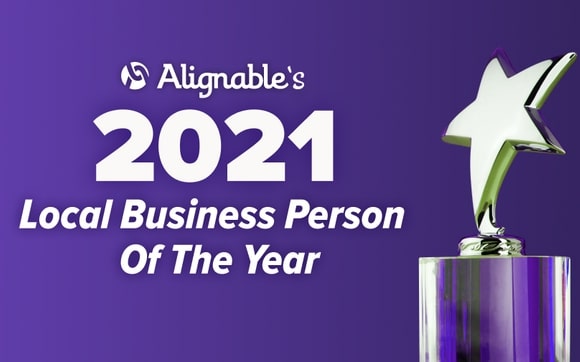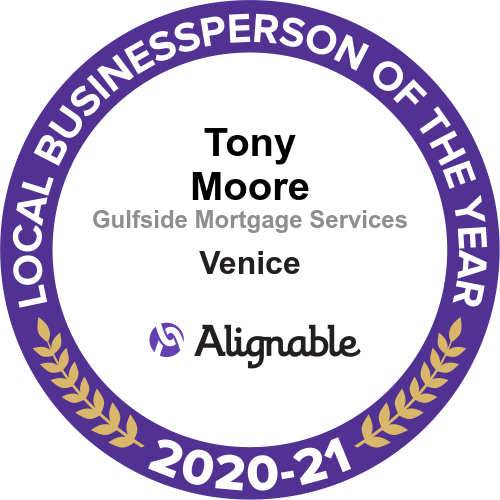
Family is everything and it pains us when we are unable to help family in need, whether it be with the right words to say, financially or with a place to live. You won’t always have the answers to help a loved one, but what if there was a way you could help with housing?
Believe it or not, there’s a mortgage product called a Family Opportunity Loan that allows family to buy a home for their children attending college, disabled adult children or elderly parents.
You still need to qualify for both your own home and the home for the family opportunity loan, but the second property will not be viewed as an investment property, which requires a higher down payment (often 20-30 percent) and has higher interest rates. Depending on your specific financial situation, a Family Opportunity Loan often requires as little as 5 percent down.
You and your family member will need to meet certain criteria to qualify for a Family Opportunity Loan. Specific requirements vary by area, but you must provide documentation proving the family member cannot afford a mortgage on their own and the property must be the primary residence of the family member you took out the loan for.
An experienced mortgage lender will have the specific details for a Home Opportunity Loan in your area. There’s always a way to give back to family if you look hard enough. Could a Family Opportunity Loan be your way to give back?
 A homestead exemption is one of the many benefits of owning a home, but what happens when you sell your home and move to a new place as your primary residence? Homestead Portability comes in.Homestead Exemption & Portability
When you declare a home as your primary residence, you are eligible for a homestead tax exemption in most states. While it varies state by state, generally, declaring your primary residence as your homestead means you only pay property taxes on a value lower than the appraised value of your home and your home is protected from creditors in the event of a spouse death or bankruptcy. Some states automatically apply homestead exemption to your primary residence, while others require that you file for it.When you sell your current home or change primary residences, you are eligible to transfer your benefit (accrued property tax savings) from one property to another. You must check your state’s regulations for exact values, but this allows you to lower the assessed value on your new residence, in most cases.Florida Homestead Portability
In 1992, Florida enacted the “Save Our Homes” (SOH) Constitutional Amendment that limits the annual increase in assessed property value to no more than 3% or the Consumer Price Index for the previous year.According to the Florida Department of Revenue, “If you are moving from a previous Florida homestead to a new homestead in Florida, you may be able to transfer, or “port,” all or part of your homestead assessment difference. If you are eligible, portability allows most Florida homestead owners to transfer their SOH benefit from their old homestead to a new homestead, lowering the tax assessment and, consequently, the taxes for the new homestead.
A homestead exemption is one of the many benefits of owning a home, but what happens when you sell your home and move to a new place as your primary residence? Homestead Portability comes in.Homestead Exemption & Portability
When you declare a home as your primary residence, you are eligible for a homestead tax exemption in most states. While it varies state by state, generally, declaring your primary residence as your homestead means you only pay property taxes on a value lower than the appraised value of your home and your home is protected from creditors in the event of a spouse death or bankruptcy. Some states automatically apply homestead exemption to your primary residence, while others require that you file for it.When you sell your current home or change primary residences, you are eligible to transfer your benefit (accrued property tax savings) from one property to another. You must check your state’s regulations for exact values, but this allows you to lower the assessed value on your new residence, in most cases.Florida Homestead Portability
In 1992, Florida enacted the “Save Our Homes” (SOH) Constitutional Amendment that limits the annual increase in assessed property value to no more than 3% or the Consumer Price Index for the previous year.According to the Florida Department of Revenue, “If you are moving from a previous Florida homestead to a new homestead in Florida, you may be able to transfer, or “port,” all or part of your homestead assessment difference. If you are eligible, portability allows most Florida homestead owners to transfer their SOH benefit from their old homestead to a new homestead, lowering the tax assessment and, consequently, the taxes for the new homestead.- “To transfer the SOH benefit, you must establish a homestead exemption for the new home within two years of January 1 of the year you abandoned the old homestead (not two years after the sale).”
- “You must file the Transfer of Homestead Assessment Difference (Form DR-501T) with the homestead exemption application. The deadline to file these forms is March 1.”
- “Complete all forms and applications required for the exemption and file them with your county property appraiser. If the property appraiser denies your application, you may file a petition with the county’s value adjustment board.”

A homestead exemption is one of the many benefits of owning a home, but what happens when you sell your home and move to a new place as your primary residence? Homestead Portability comes in.
Homestead Exemption & Portability
When you declare a home as your primary residence, you are eligible for a homestead tax exemption in most states. While it varies state by state, generally, declaring your primary residence as your homestead means you only pay property taxes on a value lower than the appraised value of your home and your home is protected from creditors in the event of a spouse death or bankruptcy. Some states automatically apply homestead exemption to your primary residence, while others require that you file for it.
When you sell your current home or change primary residences, you are eligible to transfer your benefit (accrued property tax savings) from one property to another. You must check your state’s regulations for exact values, but this allows you to lower the assessed value on your new residence, in most cases.
Florida Homestead Portability
In 1992, Florida enacted the “Save Our Homes” (SOH) Constitutional Amendment that limits the annual increase in assessed property value to no more than 3% or the Consumer Price Index for the previous year.
According to the Florida Department of Revenue, “If you are moving from a previous Florida homestead to a new homestead in Florida, you may be able to transfer, or “port,” all or part of your homestead assessment difference. If you are eligible, portability allows most Florida homestead owners to transfer their SOH benefit from their old homestead to a new homestead, lowering the tax assessment and, consequently, the taxes for the new homestead.
- “To transfer the SOH benefit, you must establish a homestead exemption for the new home within two years of January 1 of the year you abandoned the old homestead (not two years after the sale).”
- “You must file the Transfer of Homestead Assessment Difference (Form DR-501T) with the homestead exemption application. The deadline to file these forms is March 1.”
- “Complete all forms and applications required for the exemption and file them with your county property appraiser. If the property appraiser denies your application, you may file a petition with the county’s value adjustment board.”
Homestead portability is a misunderstood benefit that applies to many homeowners that are either upgrading or downgrading residences. If you are purchasing a new home for your primary residence and want to learn about homestead portability in your area, reach out to a mortgage expert or property appraiser.

























